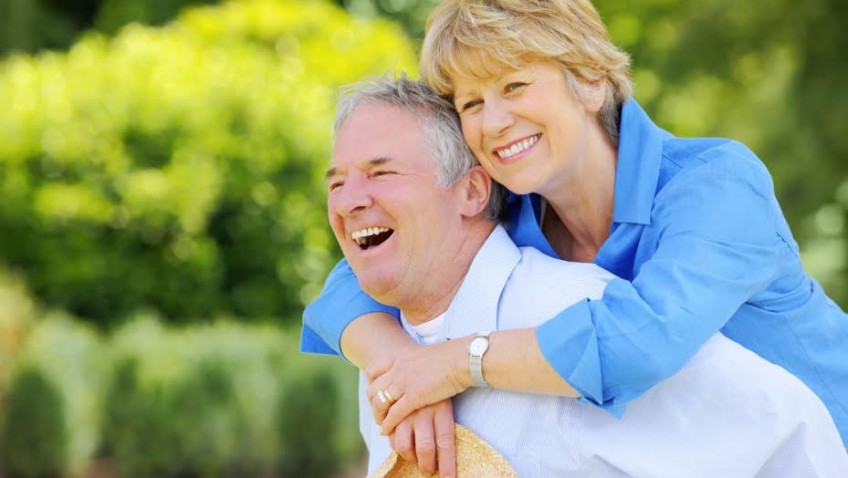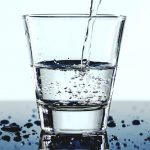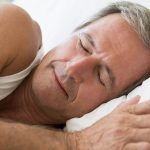With much of the country basking in a heatwave, it is a good time to remember that not everyone enjoys the high temperatures. In fact for some people hot weather can be dangerous, triggering breathing problems, heat exhaustion and dehydration.
This can be particularly true for some older people or those with certain health conditions but especially those with dementia who may not be able to care for themselves properly during a hot spell. Our experts have come up with a few top tips to help everyone, but especially older people, to keep well
- Don’t go outside during the hottest part of the day. See if your pharmacist can drop off any medications you require and perhaps get shopping delivered from the supermarket or ask someone else like a neighbour to pick up the groceries you need.
- Save any strenuous activities like cutting the lawn or vacuuming the carpets for the cooler parts of the day.
- During the day, close the curtains in rooms which get a lot of sun and try to spend time in the coolest parts of your home.
- Drink plenty of fluids – even if you don’t feel thirsty. Try some different ways to hydrate – for example:
- jellies are a good way to take on board hidden fluids and are refreshing if they have been stored in the fridge
- try a homemade ice lolly made with fruit juice or squash
- Make up a jug of juice or water with ice cubes or keep a jug of water in the fridge so it is always at hand. But be careful of the choking hazard ice can present to children and certain groups of people.
- Buy an insulated sports drink bottle and add ice and cold water – handy if you are out and about or to keep by the bed if you wake up in the night.
- Drinking with straws might help some people who find it difficult to increase their fluid intake
However, anyone taking medication which affects water retention should consult their family doctor or pharmacist for advice on how much to drink.
- Although you may not feel particularly hungry, don’t stop eating, perhaps try to have smaller more frequent light meals and incorporate more fruits and salad
- Have a new clean water spray to use on yourself or the air around you to cool it down. Or put a damp cloth on your neck.
- Even if you are sitting in the shade in the cooler part of the day, don’t forget to still use a hat and sun cream.
- Some medications and treatments may mean that you need to be careful about being exposed to high temperatures and the sun – check with your pharmacist if the information leaflets you have been given aren’t clear.
- If you are fairly nimble, soak your feet in cool water but be careful not to slip with wet feet.
- Only have cool showers and baths
It is also wise to ask a friend or relative to check you are OK if you live alone and are a little poorly. Similarly, if you know someone who lives alone please do check on them regularly.
People who have breathing problems or a heart condition, may find their symptoms get worse during hot weather. If this happens, contact a GP or NHS 111 for advice.
Signs of dehydration and overheating include muscle cramps in arms, legs or stomach, mild confusion, weakness or sleep problems. Anyone experiencing these should rest in a cool place out of the sun and drink plenty of fluids but again it is important to contact a GP if symptoms persist or worsen.
Finally watch out for heat exhaustion and heatstroke.
Heat exhaustion can lead to headaches, dizziness, nausea or being sick, pale skin, heavy sweating and a high temperature.
If you have any of these symptoms it is important to:
∙ find somewhere cool and loosen tight clothes
∙ drink lots of water or juice and water
∙ sponge yourself with cool water
Heatstroke is more dangerous and can even prove fatal. It can develop without warning if heat exhaustion is not treated.
Its symptoms include hot and red skin, headaches, nausea, extreme thirst, high temperature, confusion, aggression and loss of consciousness.
If you or anyone you are with begins to develop the above symptoms:
- call 999 straight away
- if you have a community alarm, press the button on your pendant to call for help
- while waiting for the ambulance, follow the advice given for heat exhaustion but do not try to give fluids to anyone who is unconscious





